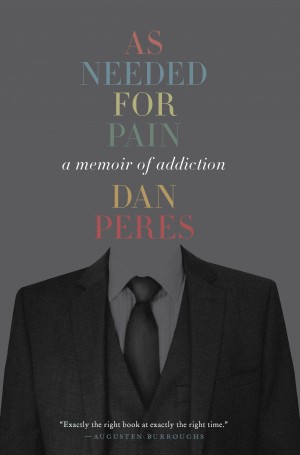The best seats Lisa Kohn ever had at Madison Square Garden were at her mother’s wedding and the best cocaine she ever had was from her father’s friend, the judge. Lisa’s early years in 1970s New York City were a mixture of encounter groups, macrobiotic diets, communes, Indian ashrams and watching naked actors on off-Broadway stages during the musical HAIR. By the time her older brother was ten, Lisa’s father had him smoking pot. By the time Lisa was ten, Lisa’s mother had them pledging their lives to the Unification Church (the “Moonies”). As a child, Lisa knew the ecstatic comfort of inclusion in a cult and as a teenager the torment of rebelling against it. As an adult, Lisa struggled to break free from the scars in her heart, mind, and psyche — battling her own addictions and inner demons and searching for a sense of self-worth.
Told in spirited candor, To the Moon and Back reveals how one can leave behind absurdity and horror and create a life of intention and joy.




